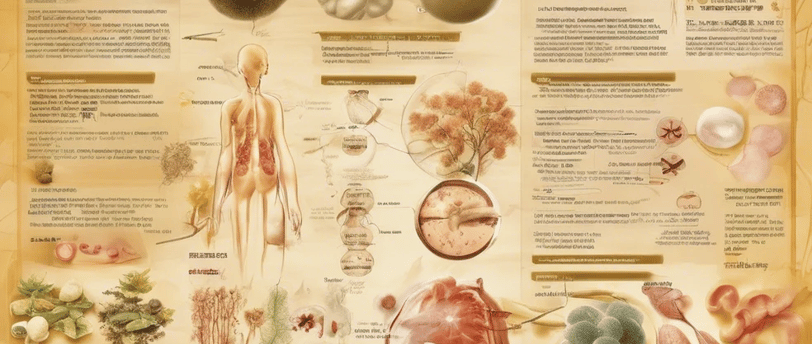Can Traditional Chinese Medicine treat cancer?
1/22/20243 min read


Recently, Mr. Chen drove Dean Zhang Dechao of New York De Yu Tang Traditional Chinese Medicine Hospital and others to a resort near West Point Military Academy to investigate the feasibility of establishing a De Yu Tang TCM Anti-Cancer Rehabilitation Base. During the trip, the editor was surprised to find out that Mr. Chen is a cancer survivor. Even more astonishingly, two other patients recovering from the torment of cancer joined the inspection team.
The editor observed that all three patients are beneficiaries of the cancer treatment methods of De Yu Tang. Mr. Chen, who has fully recovered, along with the other two patients who are still in the process of recovery, are all in high spirits. They are true beneficiaries of TCM anti-cancer treatment and, therefore, have great expectations for the establishment of the base.
The editor has witnessed multiple successful cases of De Yu Tang curing cancer patients. With the increasing number of recovering patients, the editor's curiosity about TCM cancer treatment has grown. Therefore, the editor conducted a preliminary research on the mechanism of TCM's fight against cancer.
From the perspective of modern medicine, cancer is a pathological entity in the body, and all treatment measures revolve around "eradicating" the diseased cancer cells. Theoretically, as long as the cancer cells are killed, the body should recover. However, whether it is surgery or subsequent radiotherapy and chemotherapy, the immune system is harmed. The drugs and methods used to kill cancer cells inevitably damage the body's immunity. Thus, modern medical treatment in this field often falls into an unsolvable vicious cycle. If cancer is not defeated, death is inevitable, but the treatment destroys the body's own system, ultimately breaking the body's balance.
In contrast, TCM views the root cause of cancer as "Qi stagnation and blood stasis" and "imbalance of Yin and Yang" in the body. The organs in the body are coordinated and interrelated, maintaining the body's normal health through self-operation. The appearance of cancer disrupts this balance, trapping the organs in a vicious cycle. Therefore, TCM does not rush to remove the lesion but first restores the body's balance and establishes friendly coordination among the organs.
If modern medicine aims to eliminate cancer cells at the microscopic level, TCM, from a relatively macroscopic perspective, removes the breeding ground for cancer, restores the coordinated operation of the organs, and enables the body to fight cancer cells together with the help of medicine.
Dean Zhang Dechao believes that TCM achieves the purpose of curing diseases by restoring the broken balance in the human body, improving the internal environment, and making the pathogenic factors no longer viable for survival and development in the body. TCM studies the conditions that cause diseases, and Chinese medicine does not purely kill pathogens but rather tries to restore the body's balanced state, controlling the development of pathogenic factors and the mutation of pathogens.
"This is the fundamental reason why TCM can treat so-called 'incurable diseases' like cancer," said Dean Zhang.
However, some experts believe that relying solely on TCM instead of chemotherapy and radiotherapy to treat cancer is too risky. Yet TCM as a body conditioning method after modern medical chemotherapy and radiotherapy may be more effective. The worrisome consequences of modern Western medicine treating cancer with the "kill a thousand enemies, lose eight hundred of your own" approach are concerning.
Professor Richie, a renowned American cancer expert, said in a conversation with Dean Zhang Dechao that from the perspective of modern medicine, there are not many options left for treating cancer. Many well-known American cancer experts have turned their attention to TCM, hoping to find a feasible method of combining Chinese and Western medicine to conquer cancer.
Looking at the many successful cases of De Yu Tang treating cancer patients, some patients indeed sought TCM treatment at De Yu Tang after undergoing radiotherapy and chemotherapy, while others started with pure TCM treatment after discovering cancer. Regardless, how patients choose their treatment plan ultimately depends on the experts' advice, as they know the patients' physical conditions best.
Recently, a nasal cancer patient undergoing treatment with Vice Dean Zhang Weichao at De Yu Tang TCM Hospital is an example of pure TCM treatment. From the treatment situation, the patient is recovering very quickly, further strengthening the patient's confidence in TCM conquering cancer.
